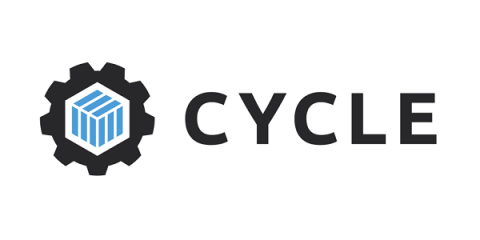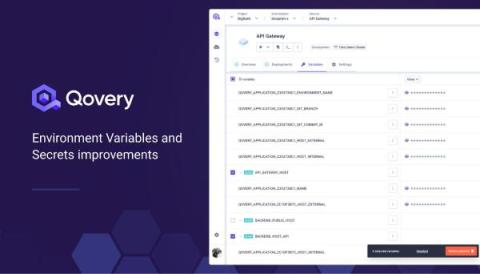Successful Business: Lessons from a Tech-Savvy CEO
I’m Romaric, the CEO and co-founder of Qovery. With 15 years of experience managing large-scale infrastructure and a passion for computer science, I’ve embarked on a journey to build an ambitious tech product designed to revolutionize the developer experience. At Qovery, we aim to simplify the path to production for developers, ensuring they can focus on writing code without worrying about the underlying infrastructure.











